-

Expert Crowns and Bridges
If you have chipped or damaged teeth our specialist team can help.
If you have chipped or damaged teeth our specialist team can help.
If you're looking for the best yet affordable dentist in London for crowns or bridges, our highly experienced specialists at our 5* rated state-of-the-art Harley Street clinic can help.
Our principal dentist and specialist prosthodontist, Dr Mehran Sanei (GDC No. 67683), who performs the crown and bridge treatments, is also recognised by the American Dental Association as a Specialist in Prosthodontics.
Our clinic is monitored and regulated by the Care Quality Commission (CQC) so you can rest assured you're in safe hands.
We specialise in the creation of dental crowns and bridges that not only look fantastic, but in many cases will last a lifetime.
Our dental crown and bridge treatment prices are extremely competitive when compared to other expert London dentists, with prices for gold / porcelain crowns starting from £1,500.
| Procedure | Price |
|---|---|
| Crown (porcelain/gold) | From £1,550 |
| Maryland bridge | From £1,500 |
| Conventional bridge (3-unit) | From £2,500 |
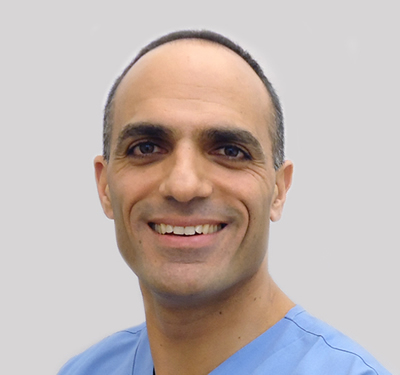
Our principal dentist and specialist prosthodontist, Dr Mehran Sanei (GDC No. 67683), who performs the crown and bridge treatments, is also recognised by the American Dental Association as a Specialist in Prosthodontics.
With over 30 years of extensive dentistry experience, he has also given national and international lectures on Cosmetics and Implantology. He has been an active member of the American Dental Society of London since 1999.
To book your consultation, please call us today on 020 7935 3914.
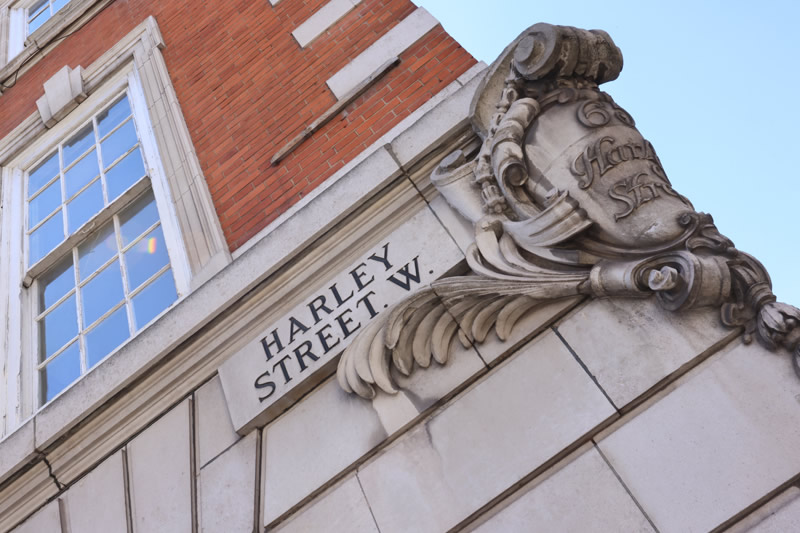

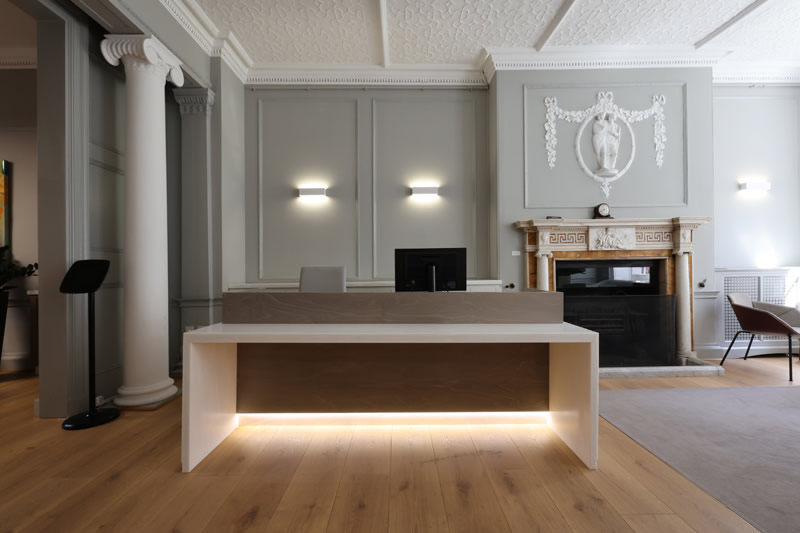
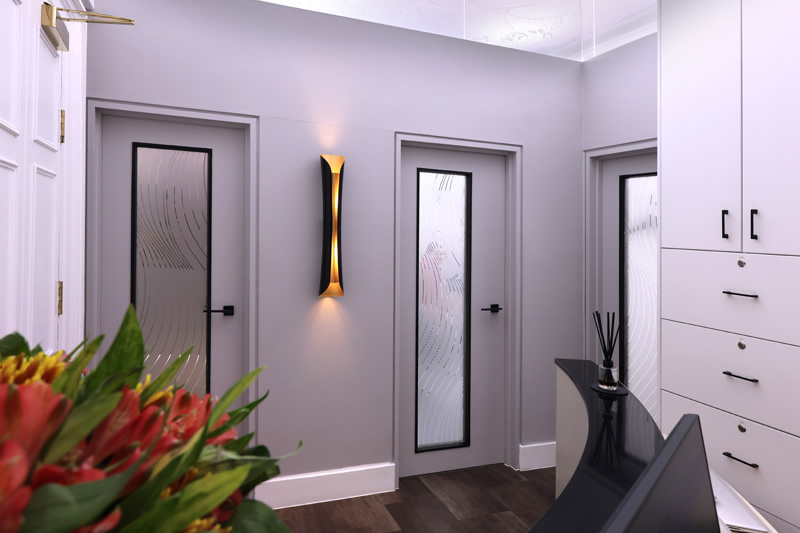

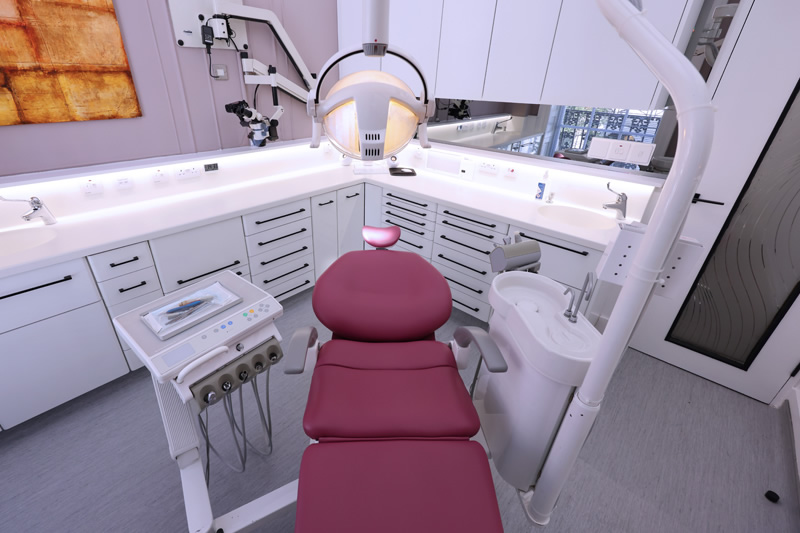






Porcelain and composite crowns are made of a resin material and can also look very natural. They are not as strong as bonded crowns and are used as a long-term solution for full mouth reconstruction cases.
These crowns help the patient to get used to a repositioning of the bite.
Precious metal crowns are made from gold and palladium. They are extremely strong and hardwearing and are usually applied to the back of the mouth.
Metal crowns are not visible and most suitable for people who grind and clench their teeth.
| Protection: Dental crowns provide a protective barrier for the damaged tooth, preventing further decay or damage. | |
| Restoration: Crowns can restore the shape and function of a damaged tooth, allowing you to chew and speak normally. | |
| Longevity: With proper care and maintenance, dental crowns can last for many years, making them a durable solution for damaged teeth. | |
| Aesthetics: Crowns can improve the appearance of a tooth, particularly if it is discolored or misshapen. | |
| Comfort: Crowns can improve the comfort of a damaged tooth, particularly if it is causing pain or sensitivity. | |
| Versatility: Crowns can be used to address a variety of dental problems, from large cavities to cracked teeth. | |
| Preventive care: Crowns can be used as part of a preventive dental care plan to protect vulnerable teeth from future damage. |
Our present crowns and bridges cost schedule has been developed to reflect the high level of expertise and up-to-the-minute technology at our Harley Street clinic in London.
Our specialist prosthodontist will be able to give you more detail when you visit Harley Street for your initial consultation, but the schedule below gives an outline.
These prices are extremely competitive compared to other expert prosthodontists in London.
| Crown (porcelain/gold) | From £1,550 |
| Maryland bridge | From £1,500 |
| Conventional bridge (3-unit) | From £2,500 |
During your consultation, we will discuss the most suitable course of dental treatment for you.
To create the perfect dental crown, we would need to take an impression of your teeth before sending it to the dental laboratory. Expert technicians handcraft your new crown and will make sure it matches your natural tooth shade.
During your second visit, we bond the newly prepared crown into place with a special adhesive.
To begin your dental crown treatment in London, please book an appointment with our specialist dental crown dentist so that we can assess the condition of your teeth.
Porcelain crowns are made from a variety of hardwearing materials. The type of material used will depend on the type of procedure you need.
Porcelain bonded to precious metal crown is made of a precious metal base. Porcelain is then applied in layers over the base.
Porcelain crowns are not as strong as the bonded style, but they can look very natural and are mostly used on front teeth. They are perfect for patients that do not grind their teeth.
A bridge is made by constructing crowns on the teeth on either side of the space, and joining these two crowns together by placing a false tooth in the space. The procedure is the same as the crown procedure. The end result is very aesthetic and functional.
The tooth will be prepared to the ideal shape of the crown. This will involve removing most of the outer surface of the tooth leaving a core.
The thickness of the crown will be the same as the amount of tooth that has been removed. Once the tooth is shaped, an impression of the prepared tooth will be taken and one of the opposite jaw and another to mark the way you bite.
All the impressions will be sent to the technician to reproduce a crown that fits the tooth. A visit to the laboratory will be needed to match the crown’s colour to the existing teeth.
The prepared tooth will have a temporary crown fitted until the new crown is ready. The treatment takes at least two visits to the surgery and one visit with the laboratory.
You can expect a new dental crown to last 5-15 years, but for many it could be a lifetime. With regular dental health checkups and good hygiene your crown may last 25-30 years.
Replacing missing teeth improves the appearance and function of the mouth. The gap left by a missing tooth can put a greater strain on the teeth on each side.
The bite can be affected because the teeth on each side of the missing tooth can lean into the gap and alter the way the upper and lower teeth meet. Food can get into the gap and decay and gum disease will develop.
The placement of missing teeth depends on the location of the gaps and the condition of the remaining teeth. There are a few options to replace missing teeth.
A bridge is usually used where fewer teeth need replacing. An implant can be placed into the gap of the missing tooth or a partial denture.
A bridge is made by constructing crowns on the teeth on either side of the space, and joining these two crowns together by placing a false tooth in the space.
The procedure is the same as the crown procedure. The end result is very aesthetic and functional.

"An incredible establishment, high quality of care and professional staff. From being greeted by Carmen, to having treatment by Dr. Sanei and having my hand held by his lovely nurse; I felt safe and in very good hands.
My crowns are natural looking and felt comfortable from day one. One of my back teeth was root treated by Dr. Rahbaran who managed to do a fantastic job despite my limited opening. The hygienist was also very thorough.I never thought I would actually look forward to my dental visits but I do now!"